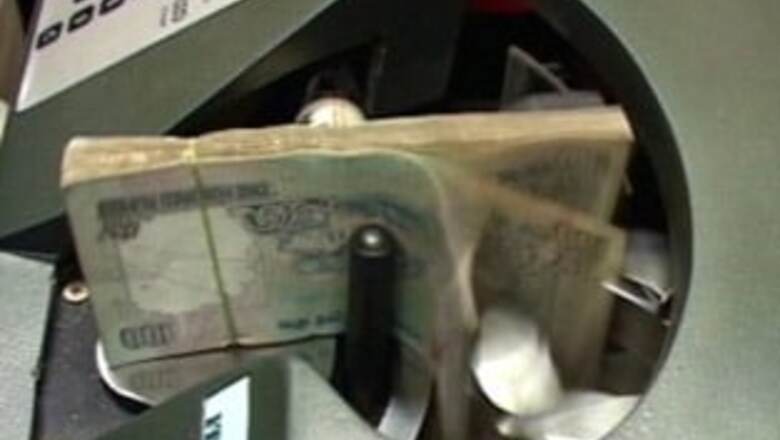
views
How well do you know your taxes? Did the UPA Government leave you richer or poorer? Did the basic exemption limits go up? Did surcharges come down? Take this test to find out.
1. Over and above regular tax, how much do we pay as total education cess?
a. 1%
b. 2%
c. 3%
2. I am a 30-year-old woman. I do not have to pay tax if my income is below a certain limit. What is that limit?
a. Rs 1.5 lakh
b. Rs 1.8 lakh
c. Rs 2.25 lakh
3. When do I have to pay surcharge of 10 per cent in addition to my regular tax?
a. When my income is over Rs 10 lakh
b. If I am a High Net worth Individual
c. If I am a businessman
4. For men below 65 years of age, they do not have to pay tax if their income is below.
a. Rs 1 lakh
b. Rs 1.1 lakh
c. Rs 1.5 lakh
5. How much investments can you make in specific instruments like provident fund, ELSS, insurance etc., in order to save tax?
a. Rs 70,000
b. Rs 1 lakh
c. Rs 1.5 lakh
Answers on the next page
PAGE_BREAK
Correct answers
Question 1: (c)
Education cess has gone up since financial year 2005-2006 when it was 2%. Education cess from the financial year 2007-2008 is 3%. This includes education cess of 2% and secondary and higher education cess of 1%.
Question 2: (b)
Women have certainly gained in the last four years. In the financial year 2005-2006, the exemption limit for women under 65 years was Rs 1.25 lakh while for those over 65 years was Rs 1.5 lakh. From financial year 2008-2009, the basic exemption limit for women below 65 years of age is Rs 1.8 lakh. For women over 65 years of age, it is Rs 2.25 lakh.
Question 3: (a)
The surcharge has remained the same in the last four years. If your taxable income is more than Rs 10 lakh, you will have to pay 10% surcharge. This surcharge is calculated as a percentage of your total tax (before education cess). Remember that this is applicable only if your taxable income is over Rs 10 lakh. That is, your total income after considering all deductions and exemptions should be over Rs 10 lakh.
Question 4: (c)
The UPAs budgets have not only been friendly to women and senior citizens but to tax payers across the board. In the financial year 2005-2006, the basic exemption limit for men below 65 years was Rs 1 lakh and for those over 65 was Rs 1.5 lakh. From the financial year 2008-2009, the basic exemption limit for men below 65 years of age is Rs 1.5 lakh. For men over 65 years of age, it is Rs 2.25 lakh.
Question 5: (b)
In the last four years the UPA government has created a comprehensive list of investments with an overall ceiling. You can now make investments of up to Rs 1 lakh in a host of instruments in order to save tax.













Comments
0 comment